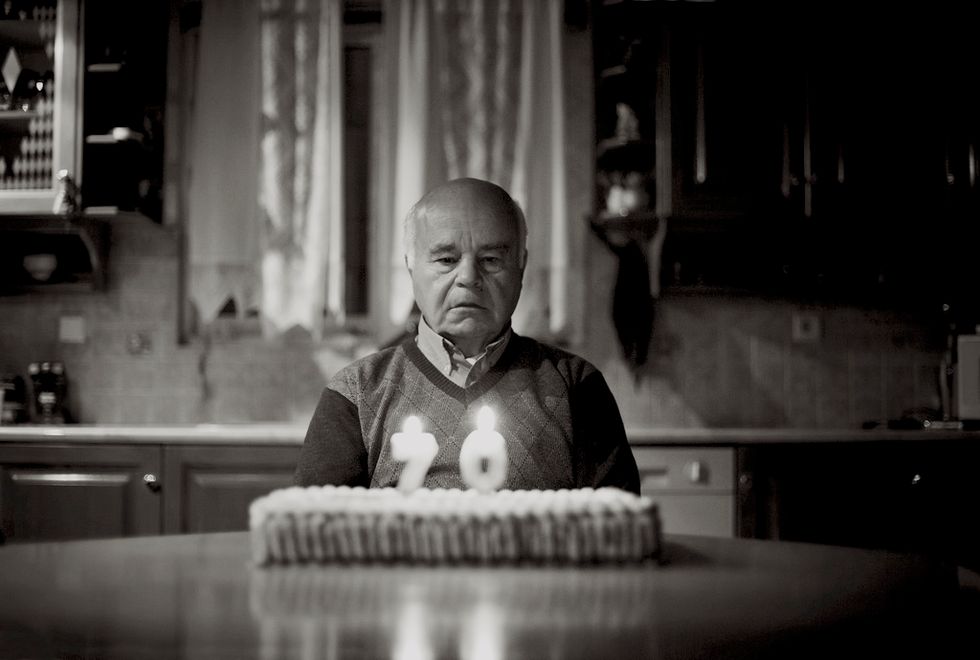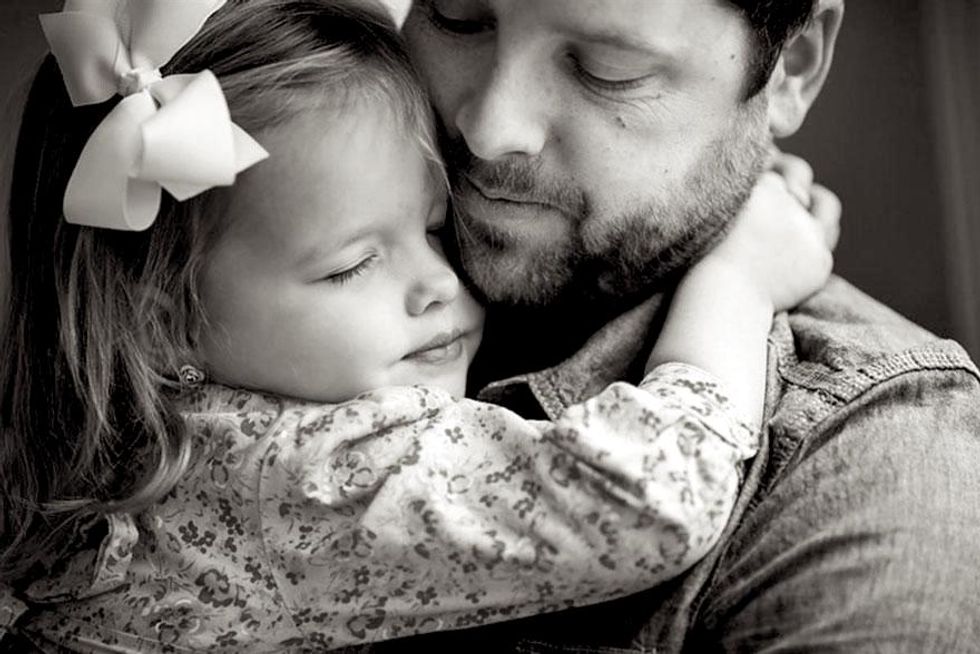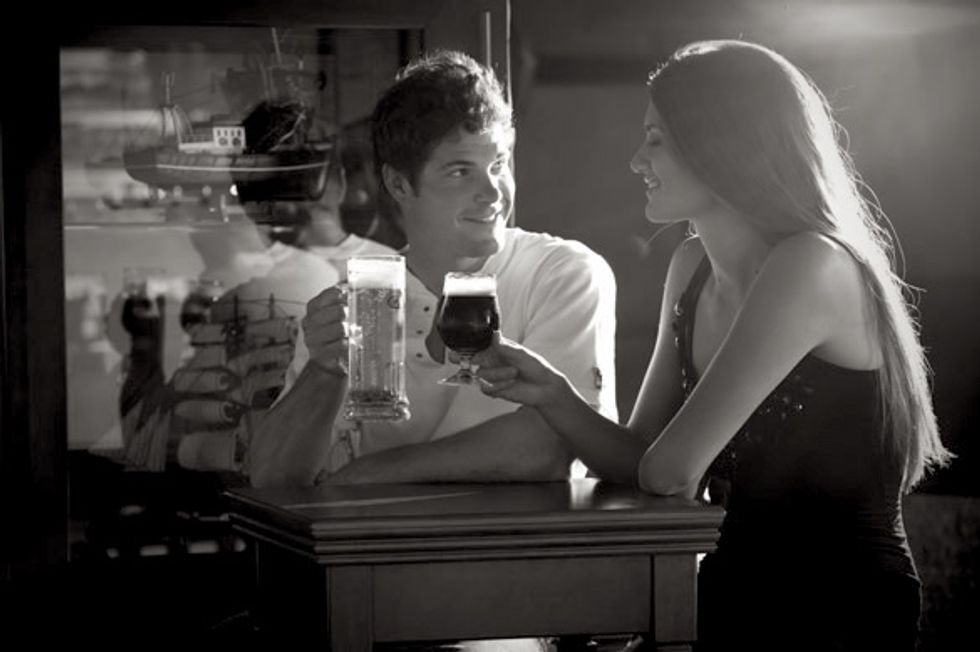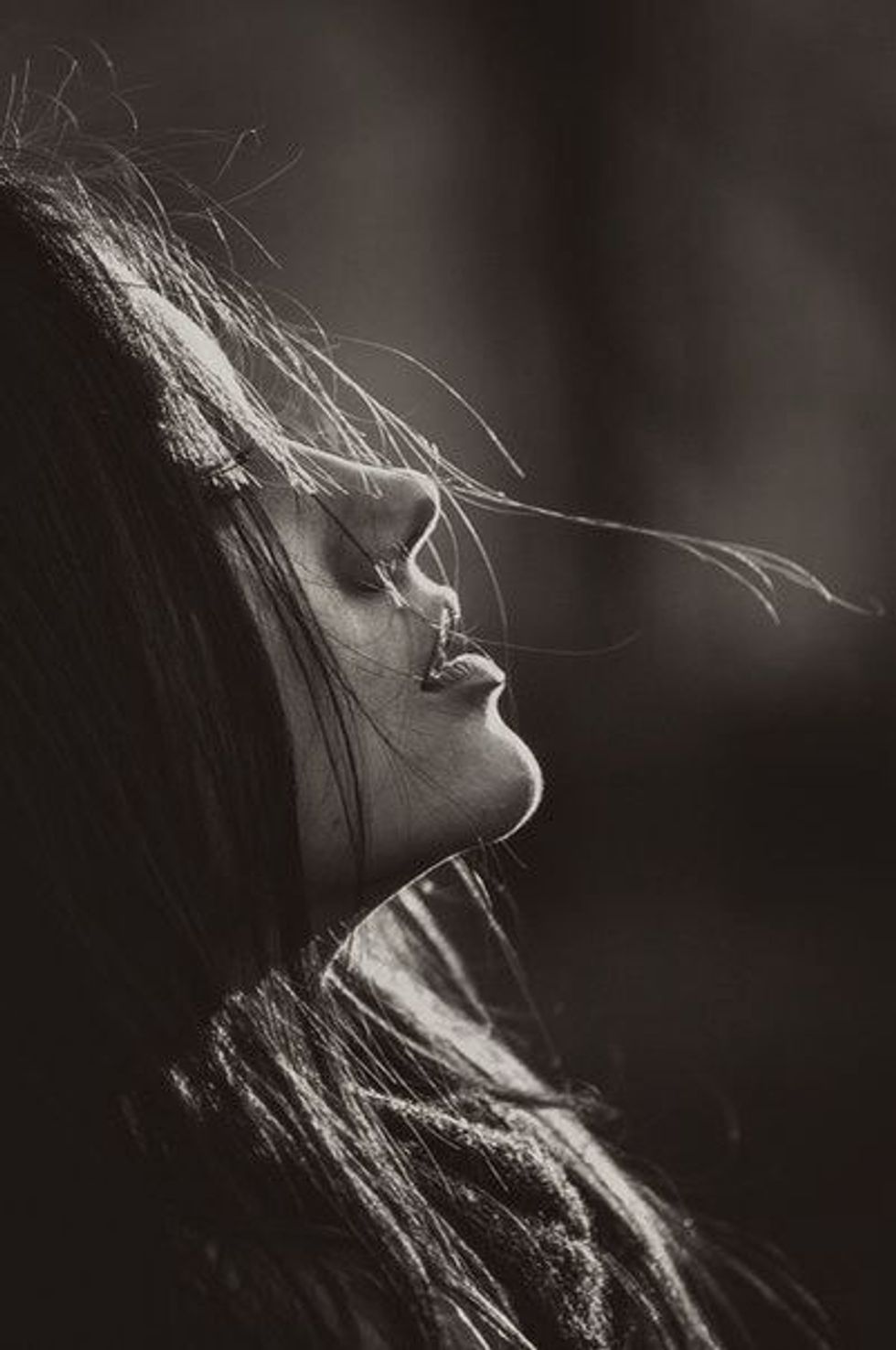He sits, alone, with only a cake to keep him company.
His wife succumbed to some ailment or another long ago, as did each of his siblings. Friends came and went, never staying in one place for too long. The kids didn’t bother with keeping contact; neither did the grandkids.
Paper birthday crown perched atop his head, Eugene takes a long drawl of a cigarette which will ultimately kill him, just like it killed his beloved Grace.
Not that he cares. Seventy years was more than enough time to be saddled with specters who pushed all but a select few away for their own amusement and his “benefit." What was the point of living another day when no one was there to commiserate?
"Daddy, why can’t I see Grandpa?”
The question, however innocent, catches Miles off-guard. Why didn’t they see his father more often?
Perhaps it was because Eugene was far from the ideal grandfather – or father, for that matter. Sardonic, silver-tongued, uptight, cynical. Critical of everyone and everything.
It wasn’t that Miles’s childhood was unhappy, per say – just that the happy memories were overwritten by the all-too common sights of lovingly scribbled cards and pictures tossed aside with indifference; of parents fighting and putting up false pretenses to uphold the impossible illusion of suburban bliss; of lonely days and lonelier nights.
His parents had their demons, as do everyone. The only difference was that theirs were too great to be contained.
He snaps out of melancholia pulling at his sleeve, at Deniella proudly showing him a birthday card she made for Eugene.
A tear rolls down his cheek as he sets the card on the table and holds Deniella tight. Perhaps, perhaps, it was time to forgive.
It’s been a long, long day, and all Benji wants now is a drink. He meets up with Carolyn at the bar downtown. Usually Miles and Alessa joined them in this tradition of celebration and commiseration amongst siblings, but they were gallivanting god-knows-where on this particular night.
“So… how do you like you new therapist?” Carolyn asks right off the bat as she sips her cocktail – virgin strawberry daiquiri ("don't wanna risk it, given the genes," she always said).
A raised eyebrow. “Very... Freudian. As soon as I unload my life story he tells me with a straight face I had a traumatic childhood.”
“Ugh. Traumatic? Are you kidding? And considering how much you've grown – how much we've all grown, really – it's kinda belittling.”
“Tell me about it.” Therapy was a godsend, both could agree, but the number of professionals who simply did not get their family was astounding.
“Well then." She rolls her eyes. “A toast to traumatic childhoods that keep our therapists rolling in money.”
“To traumatic childhoods." He grins before clinking glasses in commiseration.
Alessa stares up at the sky, her cat Damien curled up against her.
She thinks of fairy tales Eugene and Grace told her long ago, of princesses escaping from the grasp of villainous hags, and princes who went on quests to slay terrible beasts.
She thinks of adventures in the woods with Miles, Carolyn, and Benji, where a princess could slay a dragon and a prince could be trapped in a tower; where everyone was on an even playing field and anything was possible.
She thinks of the thousands of words she scribbled down when she learned that the world isn’t so accepting or accommodating. She thinks of the stories she penned when she and her siblings came home one night to stares of disapproval and harsh words and banishment from their imaginary kingdom, because they were "too old to be playing fairy games."
Indifference. Neglect. That’s what led her to find solace in the written word, to forge her own reality and help others find their own.
That, at least, was a bit more bearable than accepting the bitter truth.























